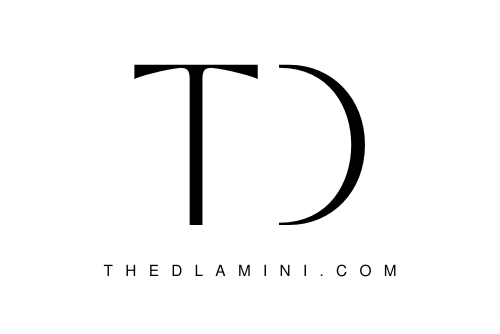This information is not a substitute for professional advice and you should always seek professional advice before acting on any tax-related matters.
Section:
- Savings accounts
- Fixed deposits
- Bonds and debentures
- Mortgages
Fixed deposits are a low-risk way to save your money. You lock in a deposit amount, interest rate and maturity period, so you know exactly how much money you’ll have in the end. These are safe investments because they are backed by banks or financial institutions that can repay you when the FD matures.
Takeaway:
When it comes to taxes, it’s important to understand how much of your money will be taken away by the government. The interest you get from your savings account is tax free up to a certain amount and taxable on the rest. It’s important that you keep track of how much interest you earn annually so that you don’t pay more than necessary in taxes.
In conclusion, we believe that it is important to note that the interest earned from your savings account is tax-free up to a certain amount of money. If you earn more than this amount, then some of it will be taxed at 15% which means that you would have to pay taxes on a portion of your income as well as any capital gains made in the year.
